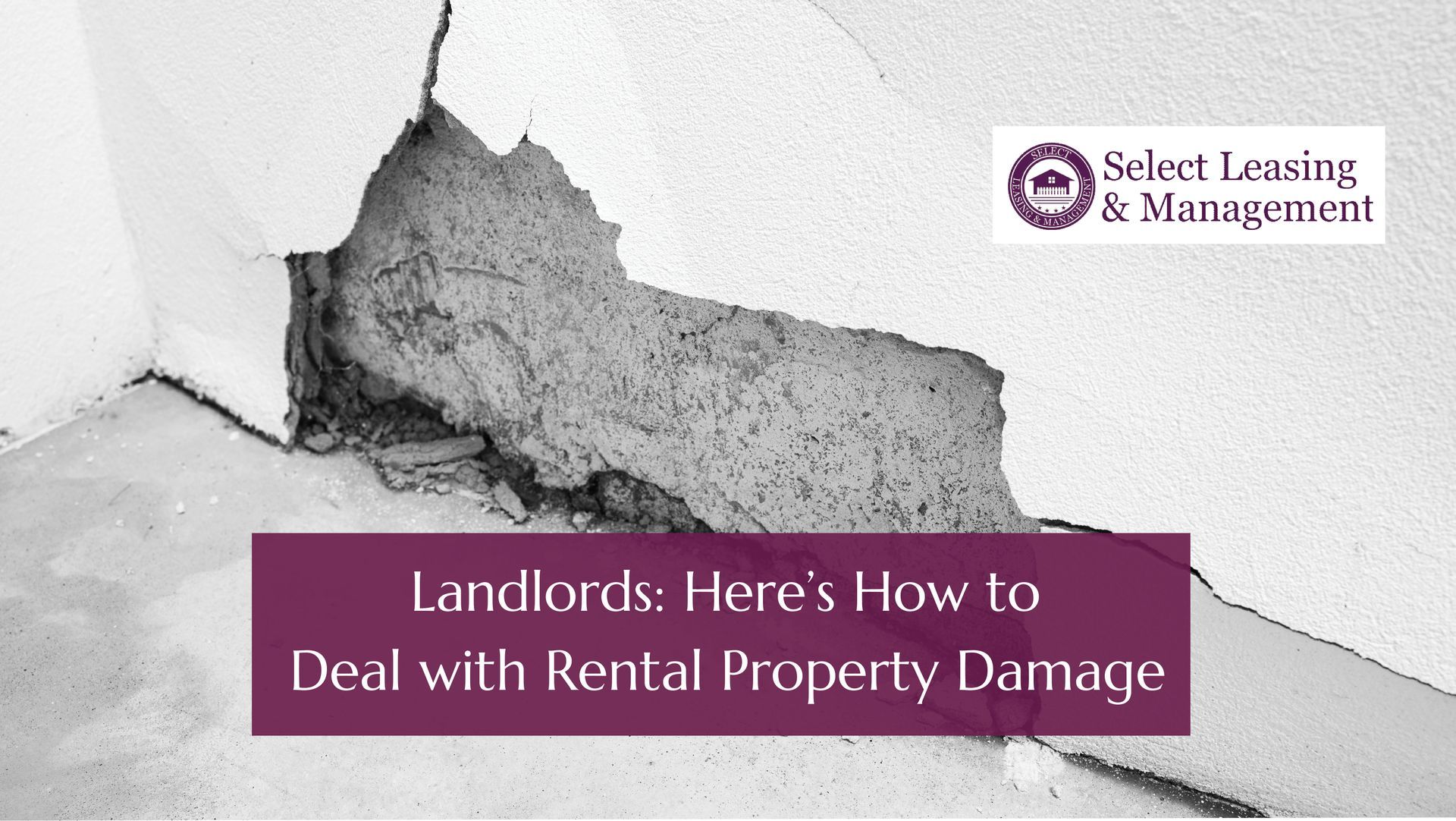What Makes Leasing Property Worth the Investment? Find a Property to Lease that Will Appeal to Renters

What type of property investor are you? Are you a first-timer, considering trying your hand at becoming a landlord? Or perhaps you already own rentals and are looking to add to your portfolio. Or maybe you’re wondering if you should try to rent out a house instead of selling it. For example, one you’ve inherited or that is vacant due to your relocation, combining households, or downsizing.
Leasing property can be a great investment. The key is to find a property to lease that will be attractive to renters so it turns a profit. Here are the things that make a property great for leasing.
A Great Location
As the saying goes in real estate, it’s all about location, location, location. Leasing property will be much easier—and more lucrative—when it’s in a good spot. That, of course, means different things to different people. As a general rule, though, find a property to lease in a safe neighborhood with plenty of amenities and good schools. Being near major highways or having easy access to public transportation is favorable for commuting.
Some St. Louis area companies often end up on “Best Of” lists. Forbes 2024 list of America’s Best Large Employers, for example, includes Washington University, Edward Jones, and Emerson Electric to name a few. Rental homes near these locations typically do well, as do apartment complexes near the many office and industrial parks in Maryland Heights, Chesterfield, and Fenton.
For some renters, being close to popular entertainment and recreation opportunities will be appealing. It can be easy to find tenants for apartments near the food and fun of Soulard or the Grove, or within easy reach of Forest Park or the Missouri Botanical Gardens.
Well-Maintained Building and Grounds
No matter where a rental property is, if it is in bad shape it might stay vacant. This starts with the external upkeep, since potential tenants may not even want to look at a rental unit in a rundown building with peeling paint, cracked windows, and overgrown grass.
Inside, public spaces must be clean and well-lit. The apartments themselves should be kept up-to-date and have all appliances in good working order.
You might be lucky enough to find a property to lease that is already well-maintained. Or, you might find a building for a good price that you can renovate. Either way, ongoing maintenance and repairs are a must in order to attract and keep good tenants.
It can be hard for an individual landlord to keep up with maintenance work if they are leasing property in a large building or in several houses and apartments scattered across town. Finding an experienced property management company can ease the burden, as they will be responsible for fixing things that break, landscaping, and regular cleaning of entryways and common areas.
Responsive Management
Part of keeping a property in good condition is being responsive to tenant requests. This means doing regular chores, scheduling repairs as necessary, and being available for emergencies.
If tenants can not rely on their landlord to resolve issues quickly, they may leave when their lease is up. Landlords need to make sure their property remains a great place to rent by being as responsive as possible.
Property owners must ask themselves if they want to be property managers or real estate investors. Being a hands-on property manager and landlord requires day-to-day attention and answering calls 24/7/365. The other option is to be an investor, collect the passive income, and hire someone else to do all that’s involved in managing the property and its tenants. Property management companies help landlords make more money—plus their services are tax deductible.

Safety and Security
Top on the list of most tenants is a need to feel safe, and it goes way beyond good locks. They may be willing to pay more for an apartment with extra security measures like app-based surveillance cameras, access control systems, security gates, door and window sensors, and even lockboxes for packages.
If investors can’t find a property to lease that already has these features, adding them should be a priority. That may involve installing cameras or special locks or hiring an on-site manager who can ensure safety on the premises.
An investment in extra security will pay off by making renters more comfortable. It can also protect the landlord's investment by keeping the building and tenants safe from theft, vandalism, and other crimes, as well as reducing legal liability if something does happen.
Competitive Leasing Rates
One way a property can make landlords a profit is by charging a competitive rate for rent. This is more complicated than simply charging a lot. It requires an understanding of the local market and what the property has to offer, as well as keeping costs down.
A property management company can help crunch the numbers to set the best rental rate. They can also help reduce maintenance costs and make suggestions about what amenities and features will attract new tenants.
Extra Features That Make a Big Difference
Certain features can draw in potential renters. Basic things like on-site laundry or off-site parking in a high-traffic neighborhood are a big plus. So is including some utilities in the rent.
Other amenities like swimming pools, fitness centers, tennis or pickleball courts, and playgrounds may increase the amount that people are willing to pay.
And leasing property that appeals to a certain segment of the population can be helpful too. Advertising that an apartment is pet-friendly, great for families with kids, or easily accessible to seniors or those with disabilities is a good way to find applicants.
When a landlord is able to find a property to lease with these extras, it can be a good investment. Just remember that additional perks mean additional maintenance.
Getting Help When Leasing Property
Whether deciding if an “extra” home is worth renting out, or trying to find a property to lease, it’s important to remember what tenants want. The nicest apartment might stay vacant if it’s in a bad location. The same goes for a house where the rent is high but it needs a lot of work.
A good place to start is by finding a real estate agent who deals with rental property to discuss your property investment goals. Our affiliate company Berkshire Hathaway Home Services Select Properties can help.
Next, consider contacting a property management company to talk about your property. At Select Leasing & Management, we have years of experience in the St. Louis rental market. We’ll handle the day-to-day operations so you can make the most of your investment.
Cover Image by stevecoleimages by Canva.com
Share this post










